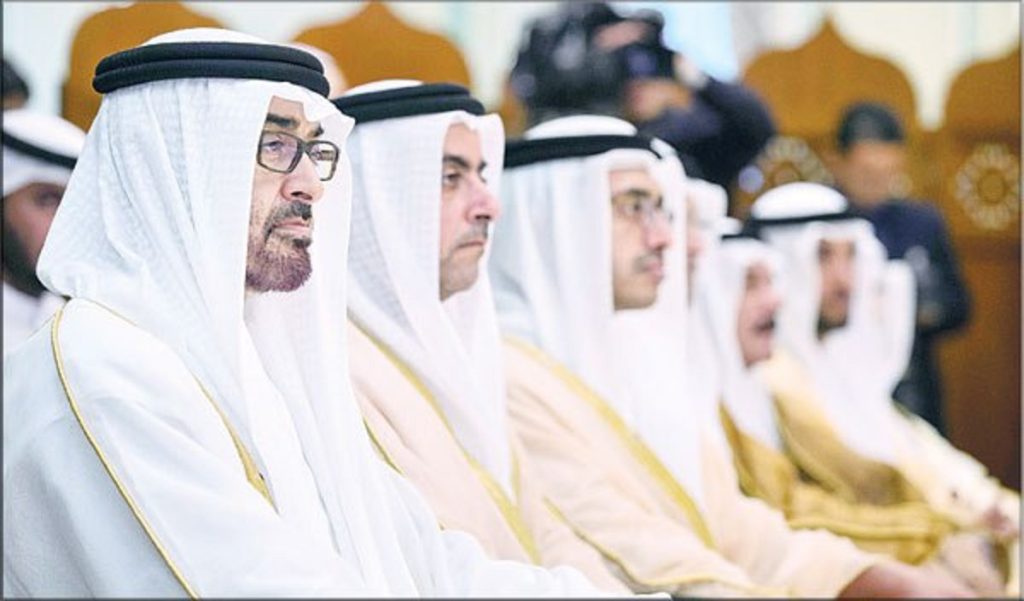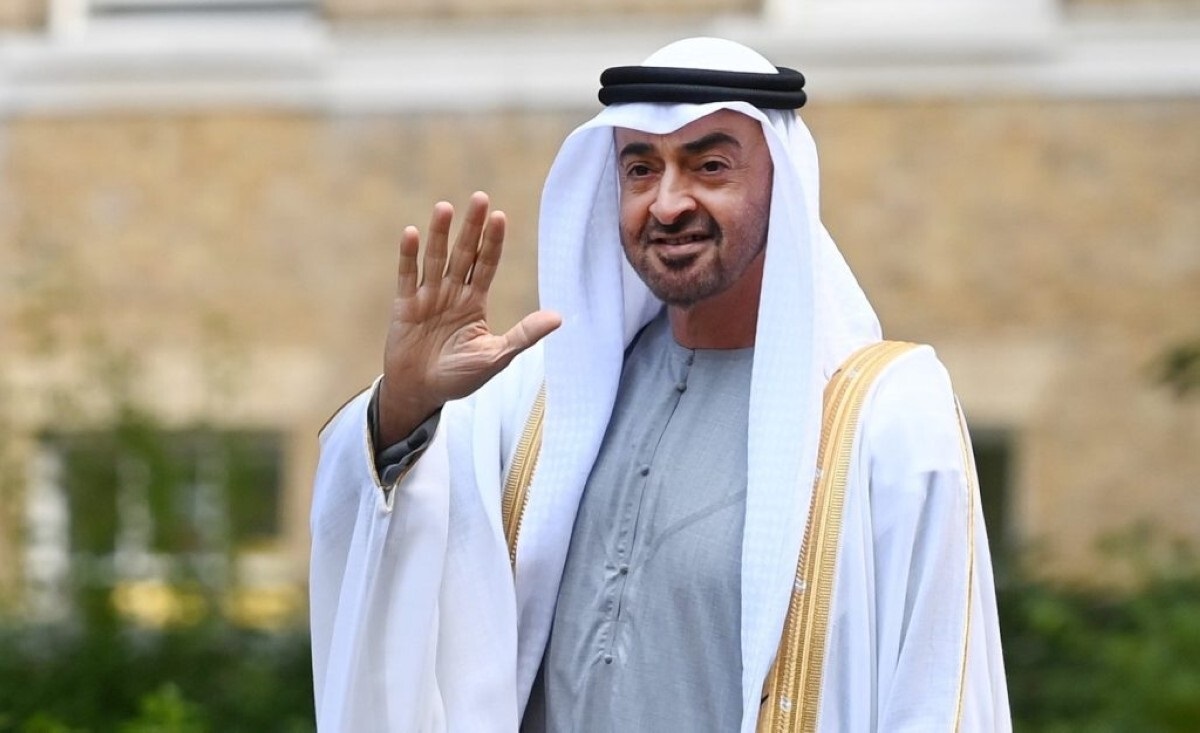Watan-From North Africa to the Gulf, the United Arab Emirates aggressively expanded its counter-revolutionary strategy in the aftermath of the Arab Spring and supported the establishment of a separatist axis in the region in alliance with Israel.
A recent investigation revealed that the Sudanese government filed a lawsuit last month against the United Arab Emirates, accusing it of “complicity in genocide” in connection with the Sudanese civil war.
According to the investigation, the case highlights Abu Dhabi’s network that provides lethal and financial support to the Rapid Support Forces (RSF), a violent non-state actor fighting the Sudanese government in a bloody civil war.

But the RSF is only one link in a chain of non-state actors that the UAE has fostered over the past decade. Abu Dhabi has exploited separatist causes from Libya to Yemen, Sudan, and Somalia, using proxies as Trojan horses to generate strategic depth and influence.
Emirati Network Undermining State Sovereignty
The investigation stated that the Emirati “separatist axis” includes a network of interconnected non-state actors united under the banner of counter-revolution.
Abu Dhabi has created a multi-layered network of violent non-state actors, financiers, traders, prominent political figures, and influencers, with the aim of building channels of influence in countries of strategic importance to Emirati national interests.
Ironically, the ruling elite in Abu Dhabi, in its desire to establish a strong state, has created a network of strongmen whose reliance on armed violence has destabilized central governments and undermined state sovereignty across the region.

Outsourcing Power to Counter Revolution
The UAE has long been compelled to delegate authority to alternative actors to fill capability gaps. As its foreign and security policy ambitions expanded during the Arab Spring, the UAE increasingly needed ways to project power abroad with limited presence.
Abu Dhabi sought an effective means to convert oil revenues into geopolitical influence. Ironically, the fear of revolutionary non-state actors in 2011 drove Abu Dhabi to more aggressively seek alternatives through which it could contain the revolutionaries threatening to topple authoritarian Arab regimes from North Africa to the Levant and the Gulf.
The ultimate goal of all this was to contain and undermine the Muslim Brotherhood and other Islamist non-state actors who appeared to be the most organized forces capable of shaping the post-revolution order.
